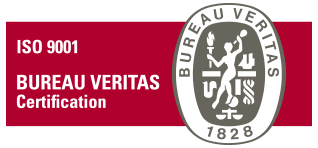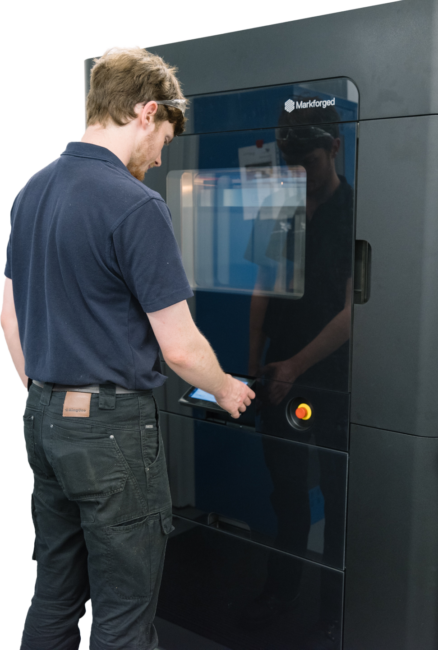Case Study: Strada Percussion Drilling Industries Australia

We’ve been using SQP for both machining and 3D printed parts for the R&D of our product, and in most cases, the 3D print ends up being a production part.
– Taras Olijnyk – CTO, Strada Global.
The Customer
The drilling industry is in for a shake-up. At Strada, we believe in drilling deeper and cheaper. Our drilling system combines the speed of down-the-hole pneumatic percussion drilling with the safety aspects of mud rotary drilling.
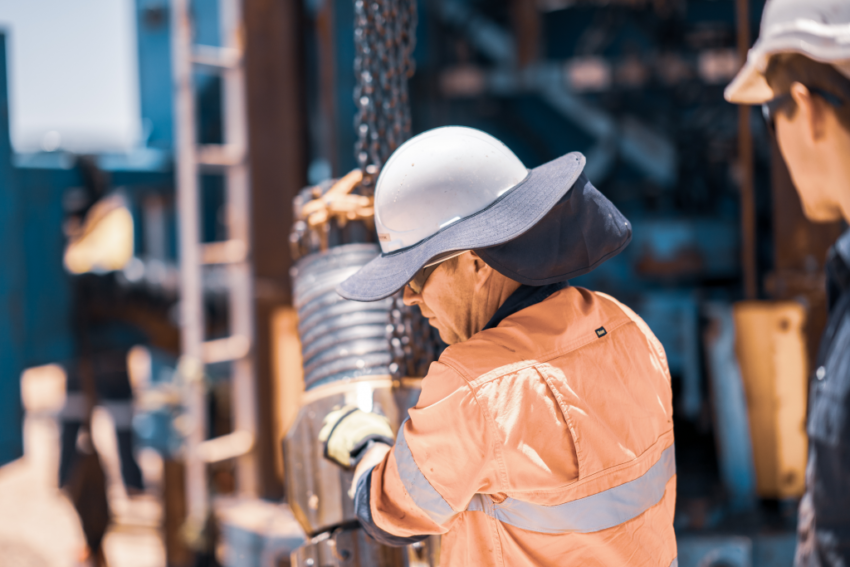
Operational Challenge
Drilling deep wells in hard rock such as granite requires regular bit changes due to wear. Particularly, the outside gauge of the bit wears, reducing the overall diameter of the hole.
Vertically, the well gets smaller and smaller with every bit of change.
To avoid accidentally placing an oversized bit down the well, which could cause the drill string to become stuck, there needed to be an easy way to identify the next smallest bit.
Bits themselves are generally not symmetrical, and tricone bits are especially challenging.


Traditionally, drillers would have machine rings of known size, sometimes one for each drill bit size.
These are to be placed over the bit, and an estimate was made.
It is a costly, potentially inaccurate solution and needs to be fixed.
Designing the Improvement
Strada’s Chief Technology Officer, Taras Olijnyk, got to work designing the solution to this problem. It was a new design, so he could use best practices for Additive Manufacturing to achieve a lower cost per part and faster print times.
Here’s how he did it:
Designing for no supports:

The main arm is designed in a diamond shape to avoid the need for any support material while printing.
Shape Optimisation:
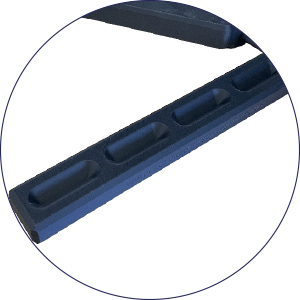
The main sections all have areas of the part removed to reduce the amount of material needed to print the part
Adding Text + Features – in CAD

3D Printing can embed text and logos into the design for an easy one-step manufacturing process for parts that require identification and/or numbering on the part.
This caliper measures a range of 10 inch to 17.5 inch drill bits and because it measures off 3 points instead of 2, you get a better average of what the true size is. A smaller range will be available upon request.
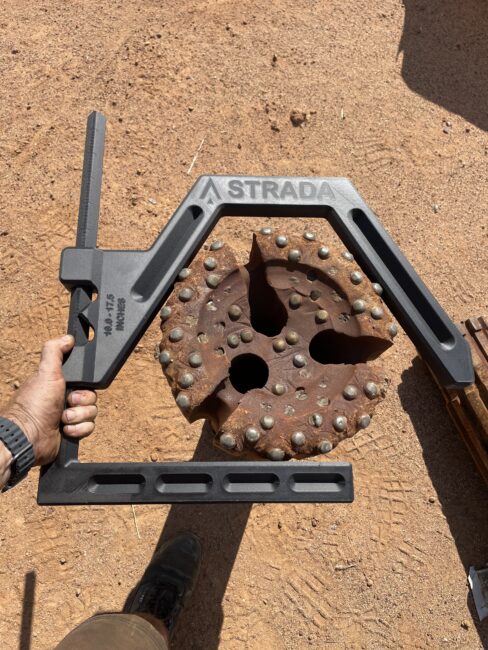
Manufacturing
Once the design was finalised, SQP 3D printed on the Markforged FX20, one of our Industrial 3D Printers capable of parts up to 525 x 400 x 400 in high temps and strong materials.
Print Time: 46 Hours
Material: Onyx (Nylon + Chopped Carbon Fibre)
Lead Time Gains
CNC machined series of steel rings: 14 days
3D printed part: 2 Days
The lead time for this part was nearly 7X faster using 3D printing.
SQP Engineering is proud to support the manufacturing of components for Strada in the development of their novel drilling equipment for one-offs and batch manufacturing in both CNC machining and 3D Printing.
SQP Engineering uses best-in-class technology, including Markforged, Okuma, Fanuc and other technology providers, to be one of WA’s leading contract manufacturers.
SQP – Lights out Manufacturing 24/7
Have a part you think would suit our 3D printers or CNC machines? Get in touch today.

